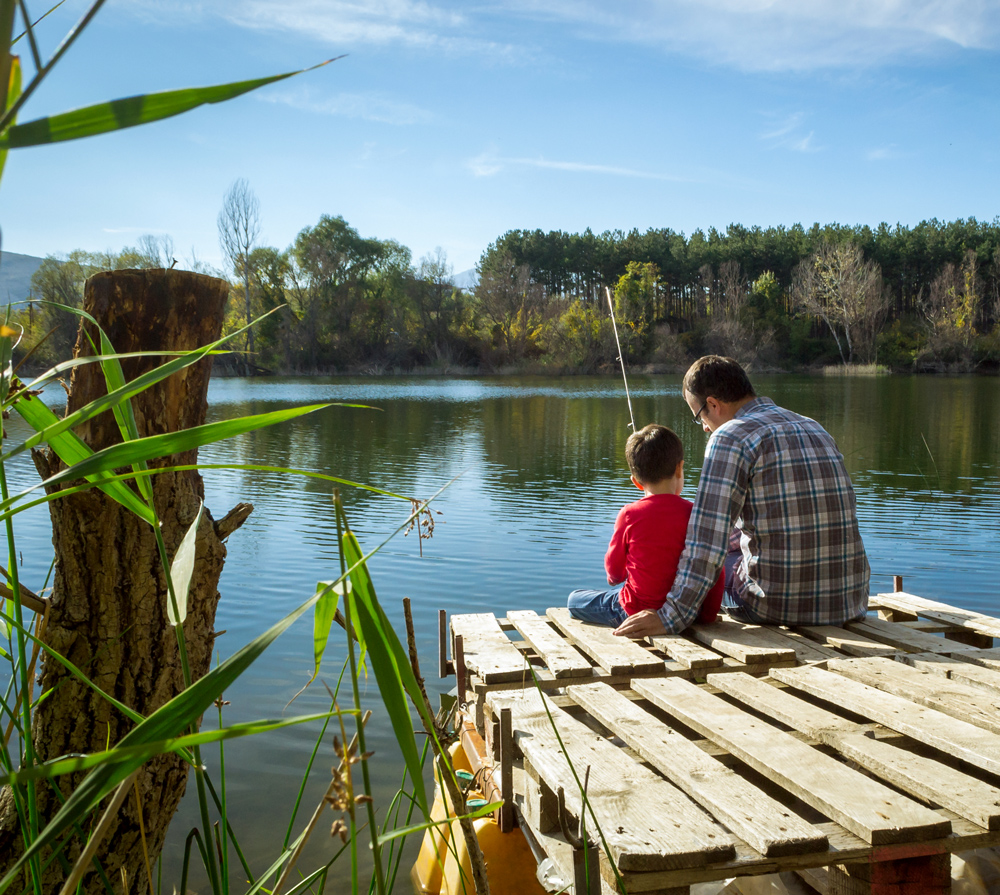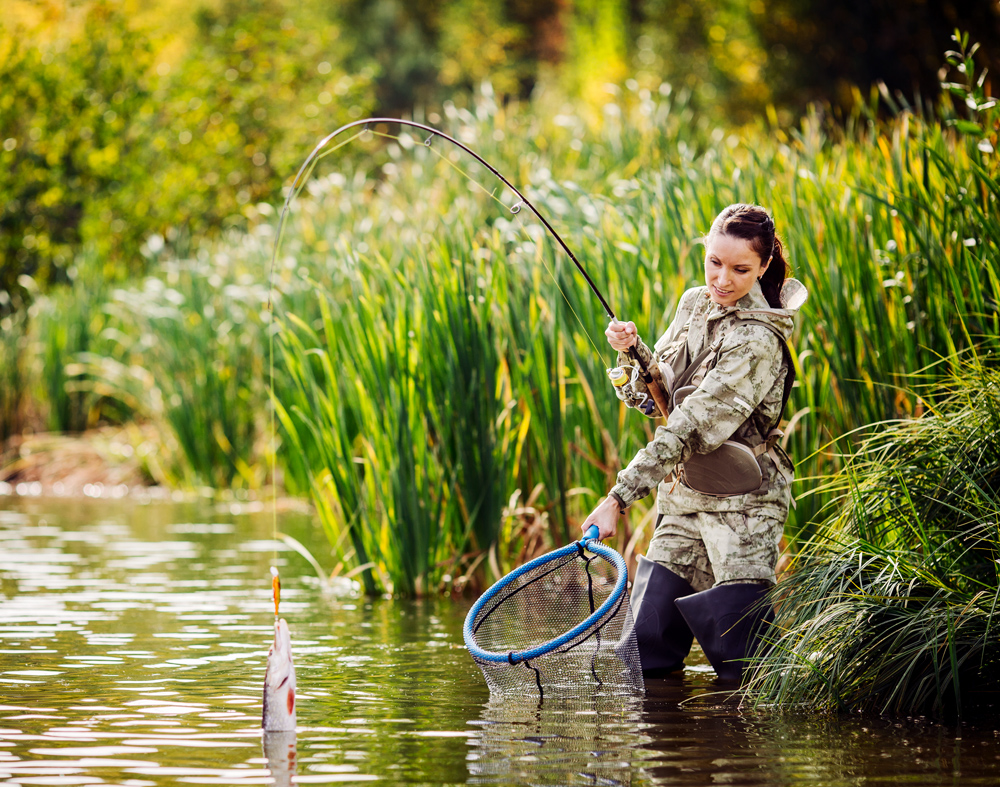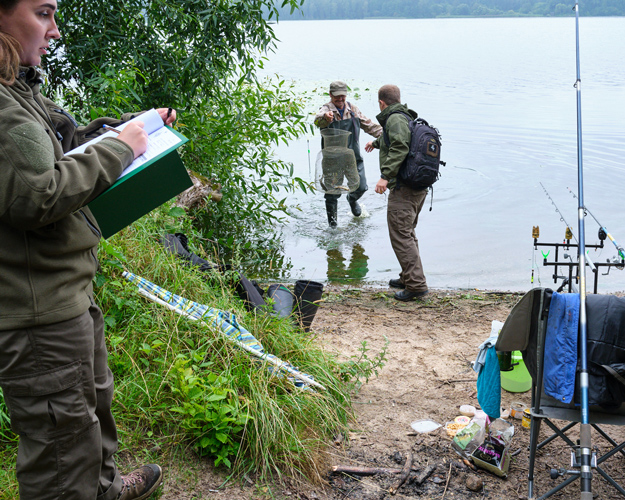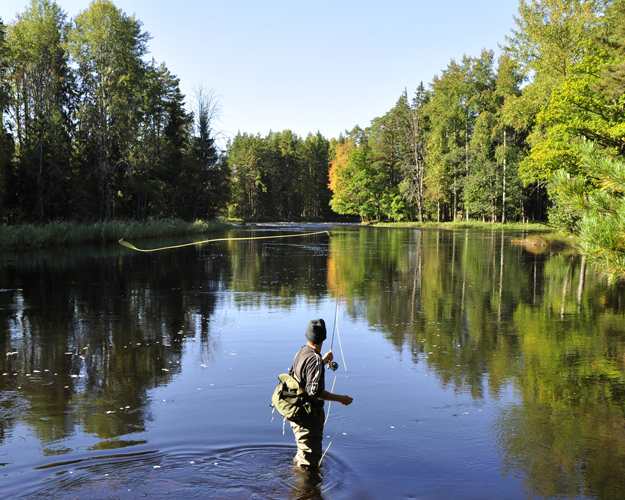Data from anglers is very important, but hard to get! While we are counting on you to help us out, we are also using other methods to assess recreational fishing:
1. We do visual surveys and talk to fishers, asking them how much they fished and how much they caught. This is an important way to collect information on angling. If Nature Research Centre staff come to talk to you, please share your catch information.
Coming soon.
2. We also collaborate with
Aerodiagnostika and use aerial footage to count the number of anglers. Currently we are running a pilot project in Kaunas water reservoir. You can read more about it here.
Coming soon.
3. We collaborate with the Lithuanian startup
DeeperSonar. Following strict privacy protection rules we can get anonymous information about the frequency of DeeperSonar use in different places through time, to gauge recreational fishing intensity. If you are a DeeperSonar user we would love to hear from you.
Coming soon.



